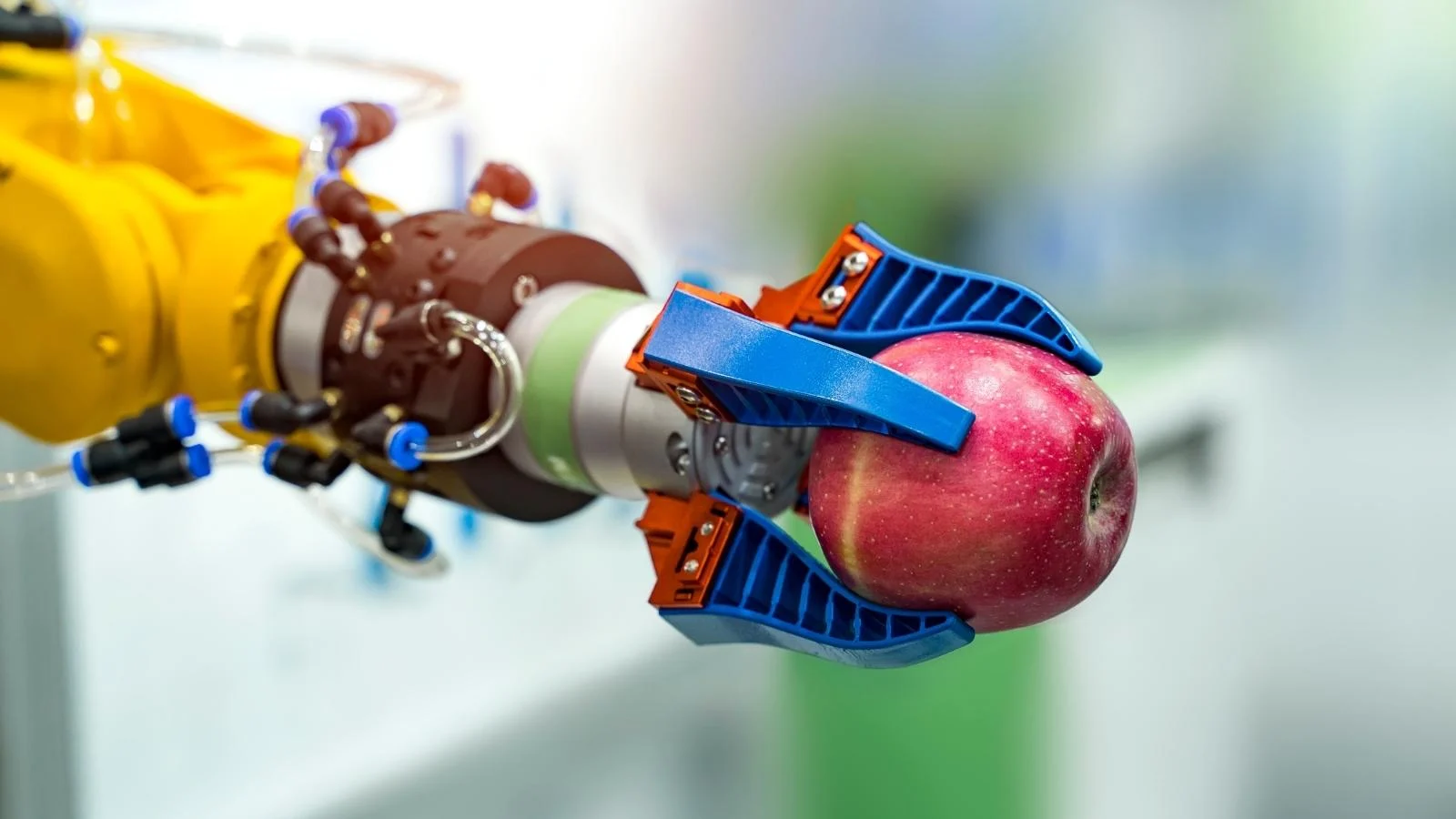Saturday, 21 February 2026

In a first for India, the Agri Robotics IoT Solutions for Agriculture (ARISA) Lab will be inaugurated on Saturday at Professor Jayashankar Telangana State Agricultural University (PJTAU), marking a major leap in digitizing Indian agriculture.
The initiative is part of PJTAU’s broader effort to modernise farming through its newly established Centre for Digital Agriculture. Developed in collaboration with BITS Pilani and IIT Hyderabad, the project has received a financial grant of Rs 12 crore from the State Bank of India (SBI).
Set to deliver its first robotic model within a year, the ARISA Lab will focus on developing agri-specific robotics for weeding and harvesting, aiming to reduce labour dependency and enhance farm productivity. University officials have expressed concern over the declining interest of the younger generation in agriculture, noting that the average age of farmers in Telangana is now close to 60. With fewer people likely to take up farming in the future, automation and smart technologies are seen as vital solutions.
“In the coming years, fewer people may be willing to work in agriculture, so we must develop advanced tools. The robotics lab will function under our newly established Centre for Digital Agriculture,” said Vice-Chancellor Aldas Janaiah. “Our goal is to digitally transform Telangana’s agricultural landscape by 2047.”
Beyond robotics, the ARISA Lab will explore IoT-based innovations in pest control, weed management, and data-driven farming techniques. The Centre for Digital Agriculture will also include three other advanced labs aimed at tackling critical agricultural challenges using emerging technologies.
One of these labs focuses on drone technology, working in collaboration with the Telangana Drone Academy to train farmers in drone operations for activities like precision spraying and crop monitoring. Another lab has begun piloting smart farming solutions in Vemulawada, where sensor-based soil diagnostics generate instant data on soil nutrient levels—described by officials as functioning like “an ATM dispensing soil reports.” A third facility is developing real-time alert systems for pest and water management, backed by technical and financial support from Germany.
Together, these initiatives represent a strategic response to the dual challenges of climate change and rural labour shortages, while laying the groundwork for precision, sustainable, and tech-enabled agriculture in Telangana.